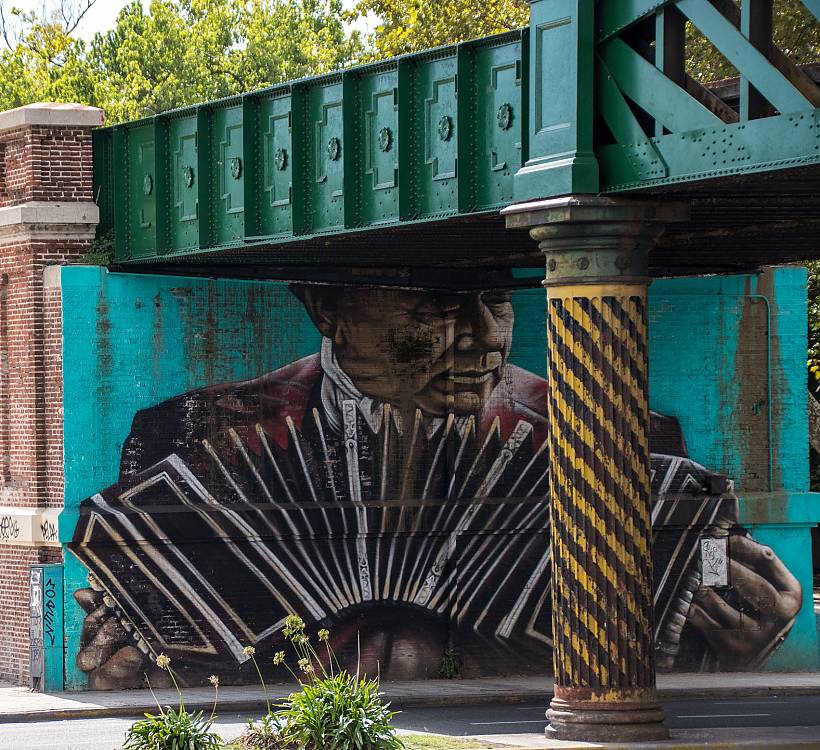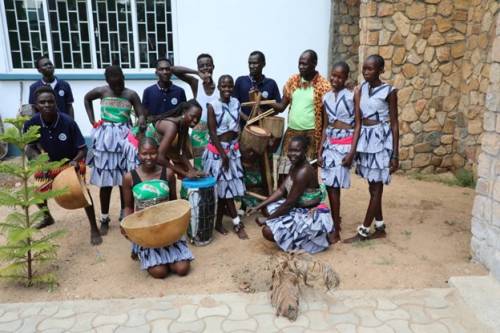8 October 2020
The Intangible Cultural Heritage Fund provides assistance to States Parties in their efforts to safeguard their living heritage. Last September, the Bureau of the Intergovernmental Committee for the Safeguarding of the Intangible Cultural Heritage examined International Assistance requests under US$100,000. A total of US$479,994 was granted to implement safeguarding activities in Antigua and Bermuda, Burundi, Egypt, South Sudan and Uruguay:
- The project Strengthening capacities for the implementation of the 2003 Convention for the safeguarding of the intangible cultural heritage in Antigua and Barbuda aims to create the country’s first national inventory of living heritage, enhancing national technical capacities to harvest and interpret related data and improving upon the exchange of information between the public and private sectors as well as civil society. Two pilot safeguarding activities – focusing on the Game of Warri and Traditional Boatbuilding – will be undertaken to trial safeguarding measures and instruct future safeguarding activities. This project will be implemented jointly by the Ministry of Sports, Culture, National Festivals and the Arts and the UNESCO Cluster Office for the Caribbean in Kingston.
- The project Updating of the 2009 inventory of intangible cultural heritage (ICH) in Burundi with the participation of the communities consists of documenting the different elements of living heritage, establishing their degree of viability, and identifying their bearers and custodians. The implementers are expected to set up a sustainable framework in Burundi for the safeguarding of intangible cultural heritage and, as such, to contribute to the revision of the country’s cultural policy. It is also expected that living heritage will be integrated into school curricula. The project will be coordinated by the General Directorate of Culture and Arts, in close collaboration with the Ministry of Higher Education and Scientific Research through the Burundi National Commission for UNESCO.
- The project entitled Inventory of intangible culture of craftsmanship in the core of Historic Cairo aims at preparing a community-based inventory of twenty types of crafts produced in the historic areas of Cairo, known as Historic Cairo, a World Heritage property under the 1972 Convention. An online inventory of traditional knowledge related to these crafts will be maintained and made accessible to the communities, and inventorying will be promoted as an important tool in the long-term safeguarding process. The Egyptian Society for Folk Traditions (ESFT) will implement the project.
- The project Development of an inventory of intangible cultural heritage in South Sudan foresees awareness-raising activities for the safeguarding of living heritage which may continue beyond the duration of the project. These include promoting youth and gender inclusion and involving various communities in the development of the inventory, to build capacities for safeguarding living heritage among future generations of different ethnolinguistic groups. The project will be led by the Ministry of Culture, in close collaboration with the UNESCO Office in Juba, the National Intangible Cultural Heritage Committee (NICHC) and the UNESCO Regional Office for Eastern Africa.
- The project The Bandoneon: sound of Tango aims at safeguarding the bandoneon, a traditional instrument of Tango. Nowadays, however, there are only a handful of bandoneon players, most of whom are over 60 years of age, and only three luthiers dedicated to tuning and maintaining the bandoneon in Uruguay. It is also hoped that the increased visibility resulting from the project will make it easier to further promote practices related to the bandoneon and the safeguarding of Tango (a binational nomination between Argentina and Uruguay, inscribed on the Representative List in 2009).
These grants represent the first instances of international assistance from the Intangible Cultural Heritage Fund to Antigua and Barbuda, Burundi, Egypt and South Sudan and the second for Uruguay.
Decisions:
-
15.COM 2.BUR 3.2 (2020)
-
15.COM 2.BUR 3.1 (2020)
-
15.COM 2.BUR 2 (2020)
-
15.COM 2.BUR 3.3 (2020)
-
15.COM 2.BUR 3.5 (2020)
-
15.COM 2.BUR 3.6 (2020)




